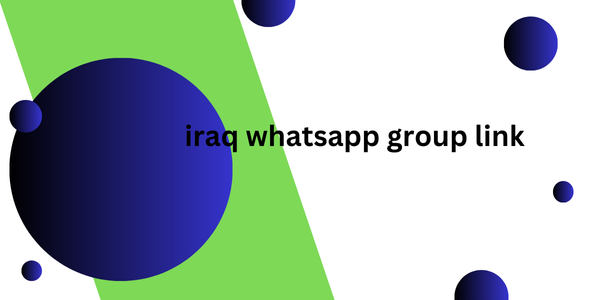Measure and analyze results
Posted: Sat Dec 21, 2024 10:51 am
Reteno allows you to adjust your segments based on pre-set conditions with dynamic segments. This means segment members will automatically switch to other segments based on specified conditions iraq whatsapp group link . For example, you can set it up for reactivation, singling out active customers, etc. This feature allows marketers to automate manual processes and save time on mobile app user segmentation.
Implement marketing campaigns
Finally, you are equipped with precise user segments and marketing strategies, and this is where the fun part starts. You can now implement designated strategies to address each segment with personalized messaging and provide customers with the most relevant product recommendations. You can then monitor and track campaign performance using analytics tools to gather data on customer responses, conversions, engagement rates, and other relevant metrics.
One of the most crucial steps in running marketing campaigns is the analysis. Analyze the performance of each segment and compare it against predefined metrics and objectives. You can use data to evaluate the impact of smart segmentation on KPIs — customer acquisition, retention, conversion rates, revenue, or customer satisfaction. Use statistical analysis techniques to identify significant differences.

Iterate and optimize
You can now identify areas for improvement and refine your segmentation strategy based on the analysis. Implement changes and continuously monitor the performance of your segments. Iteration and optimization of your smart segmentation approach over time will ensure ongoing effectiveness.
Smart Segmentation Use Cases
One of the best customer segmentation examples is shown by a world-leading music streaming platform, Spotify. The company utilizes smart segmentation to personalize music recommendations and playlists for its users.
By analyzing user listening habits, genre preferences, and social interactions, Spotify creates segments of users with similar music tastes. It then generates personalized content and suggests relevant songs and artists to each user based on their preferences, ensuring an engaging and customized music streaming experience.
Apart from paid subscriptions, Spotify has a distinct segment of users with free subscriptions. The company has a separate monetization model to make income from free subscriptions with the help of ads.
Implement marketing campaigns
Finally, you are equipped with precise user segments and marketing strategies, and this is where the fun part starts. You can now implement designated strategies to address each segment with personalized messaging and provide customers with the most relevant product recommendations. You can then monitor and track campaign performance using analytics tools to gather data on customer responses, conversions, engagement rates, and other relevant metrics.
One of the most crucial steps in running marketing campaigns is the analysis. Analyze the performance of each segment and compare it against predefined metrics and objectives. You can use data to evaluate the impact of smart segmentation on KPIs — customer acquisition, retention, conversion rates, revenue, or customer satisfaction. Use statistical analysis techniques to identify significant differences.

Iterate and optimize
You can now identify areas for improvement and refine your segmentation strategy based on the analysis. Implement changes and continuously monitor the performance of your segments. Iteration and optimization of your smart segmentation approach over time will ensure ongoing effectiveness.
Smart Segmentation Use Cases
One of the best customer segmentation examples is shown by a world-leading music streaming platform, Spotify. The company utilizes smart segmentation to personalize music recommendations and playlists for its users.
By analyzing user listening habits, genre preferences, and social interactions, Spotify creates segments of users with similar music tastes. It then generates personalized content and suggests relevant songs and artists to each user based on their preferences, ensuring an engaging and customized music streaming experience.
Apart from paid subscriptions, Spotify has a distinct segment of users with free subscriptions. The company has a separate monetization model to make income from free subscriptions with the help of ads.